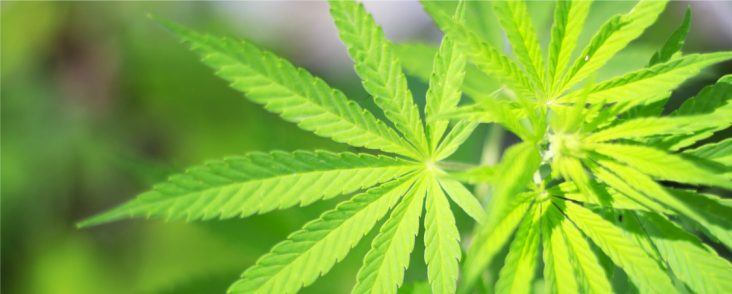Recreational marijuana ballot initiative underway
by September 22, 2021 10:28 am 1,663 views

Nonprofit Arkansas True Grass is working to put an amendment on the November 2022 ballot to allow for the recreational use of marijuana in Arkansas. The group needs 89,101 signatures to make the ballot.
Jesse Raphael, the Northwest Arkansas spokesman for True Grass, said the group has more than 20,000 signatures. The deadline to gather signatures is in June 2022, and he said he felt good about the progress so far.
The group, which formed in 2015, has been gathering signatures of registered voters since mid-2020. It had worked on a medical marijuana initiative that didn’t make the ballot in 2016. Raphael noted the pandemic impacted efforts for a ballot initiative last year.
While True Grass members are among the 79,420 patients in the existing medical marijuana program, he said it has shortcomings, including the limited medical conditions to qualify. Also, it’s accounted for high product prices and doesn’t allow the patients to grow medical marijuana, he explained. The proposed amendment would address these issues, he said.
Under the amendment, residents who are at least 21 could grow up to 12 marijuana plants. Depending on the license acquired, licensees could sell marijuana plants, seeds and products. Also, those in jail for nonviolent, marijuana-related crimes would be released, and anyone convicted of such offenses would have their records expunged. He said the former would affect thousands of people, and the latter would impact tens of thousands who could enter the workforce and reduce the unemployment rate.
Under the proposal, recreational marijuana sales would be taxed at the current sales tax rate as well as an additional 8% marijuana excise sales tax. Local entities would be able to collect 5% from recreational marijuana sales. The Arkansas legislature would be tasked with determining the allocation of the state sales tax, according to the measure.
“This is going to increase tax revenue around the state,” Raphael said. “While the businesses may not see the direct benefit of that, they will indirectly see the benefit of that.”
The state legislature would determine how to spend the tax revenue from marijuana sales, he said. Recreational marijuana sales won’t replace but complement the existing medical marijuana program, similar to Colorado, he added.
